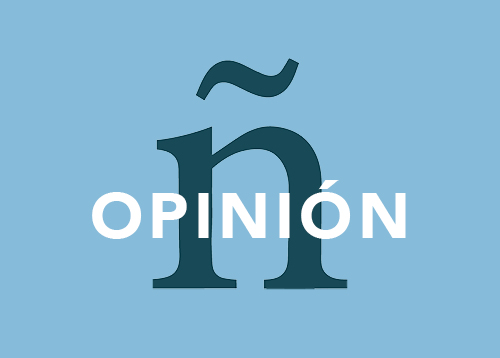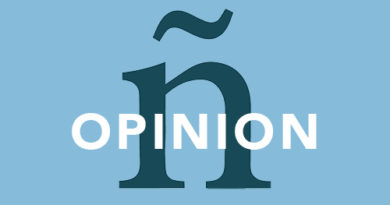Trump’s war on immigrants targets impoverished families
The Trump Administration has been clear about its ongoing efforts to limit immigration and make life more difficult for the undocumented.
It came as no surprise, when last September the Department of Homeland Security announced its intent to change the definition of what constitutes a “public charge.” Like so much of the technical language surrounding immigration and law, this proposed change left little clarity, and increased anxiety amongst immigrant households.
The U.S. Citizenship and Immigration Services (USCIS) traditionally defined public charge as someone who would become “primarily dependent upon the government for subsistence.” This was based on a historical use of federal, state, or local cash assistance programs, and according to the USCIS website, was only applied to individuals upon consideration of “a totality of circumstances”, including age, health, education, and personal financial resources.
Long considered a soft-limit, because of all of the variables involved, it was utilized rarely and at the discretion of the processing agent when considering green card and visa applications. The proposed changes would impose a harder limit.
The DHS’s revised definition of public charge would include anyone who had used specific public assistance programs for a total of 12 months for any three-year period. These would add formerly excluded programs such as SNAP/CalFresh, housing (Section 8) and Medicaid.
However, there are a laundry list of exclusions, including household and family members who have legal residency, and use of Medicaid for anyone under 21 or during pregnancy.
Classification as a public charge counts as a negative factor within an applicant’s “totality of circumstances”, giving feds increased authority to reject green cards and visa applications. While expressing that they want people to immigrate to the U.S. “the legal way,” at every turn this administration has attempted to further restrict legal means.
Central to Trump’s political maneuvering have been fear and disorientation. Without having gone into effect, this redefinition of public charge has accomplished both.
Countless stories from public service workers and studies cite people rejecting programs they qualify for. Keep in mind that undocumented individuals already don’t qualify for the vast majority of public assistance. Their children may, however, if they are U.S. born or have been granted adjusted status like DACA.
According to D.C. based think tank the Urban Institute, nearly 1 in 5 adults in low-income immigrant households reported someone opting out of noncash programs, and families with children are avoiding benefits at twice the rate of others. Survey respondents directly cited fears over risking future green card approvals.
Luckily, professionals in many fields have worked against this DHS effort. As of mid-October, Federal District Judges in five states have blocked the change, and the DHS is yet to file an appeal.
California Judge, Phyllis Hamilton, stated that the DHS made “no attempt, whatsoever, to investigate the type or magnitude of harm that would flow… fewer people would be vaccinated.” Considering recent outbreaks of preventable diseases, the proposed rule change adds to growing public health concerns.
Advocates have also made grand efforts to disseminate clear information to their communities.
A brilliant resource created by immigration lawyers and public service officials in California is the website keepyourbenefitsca.org/es.
This site helps users determine what services may or may not be counted against them if the proposed change ever goes into effect.
While we can be certain that the current administration will continue to wield fear and obscurity against the most marginalized, it is reassuring to know that there is a tremendous effort to promote the public well-being through educational and legal means.




